Beatrice Pegard
A Pioneer In Sustainable Filmmaking
Beatrice Pegard-Ferry is a French-Australian writer and director. Beatrice’s aesthetic mixes surrealism and irreverence, always with a keen interest for art direction, choreography, and visual effects. Beatrice is a firm believer in sustainable filmmaking, which she applies to her creative process whenever possible, and provides green toolkits and advice geared towards lowering carbon footprint, sustainable film production and waste reduction.
We got in touch with Beatrice to discuss her creative process and gain further insight about sustainable filmmaking. Here's what she had to say:
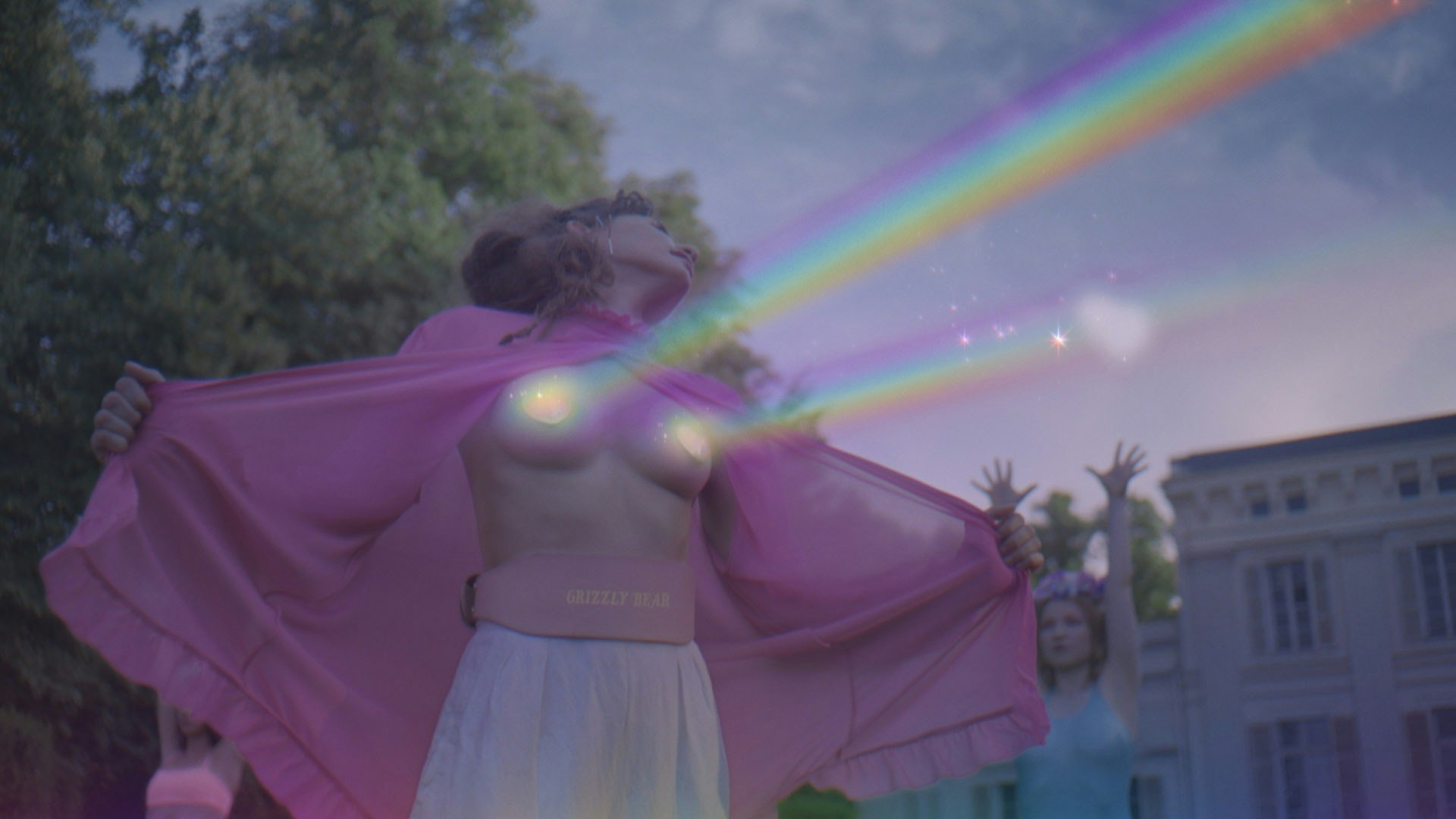
Fabrik: Hi Beatrice, we’re so pleased to have you as a Fabrik Hero! To begin, we'd love to for you to share a bit more about yourself in your own words?
Beatrice Pegard-Ferry: "Hi Fabrik! I’m a director and screenwriter with a passion for butt shots, surreal imagery, absurdist theatre, road movies, female gaze cinema, abstract art, funny people, and all things wild."
Fabrik: You mention that you are a firm believer in sustainable filmmaking. Can you break down what this means, and share a bit more about how you apply this to your creative process?
Beatrice Pegard-Ferry: "I think we cannot deeply care about the environment in our daily lives and not try our best to apply this in our creative practice. We are an intrinsic part of this vulnerable, yet interconnected and complex system and we are facing inevitable tipping points, that is dramatic points of no return. We are seeing this concretely on a global scale, with vulnerable environments and ecosystems collapsing in domino effect. With oscillation patterns and cycles getting shorter and more intense each time, look at Australia and its recurring mega-fires, bushfires so big that they are impossible to suppress, and now currently under the wrath of La Niña.
The main conundrum is that most of us are hugely disconnected from how we live and how this impacts the environment. Change is possible and this must come from everyone and at every level.
So why film? Well, the film and television industry wildly contribute to pollution and climate change over the world. Back in 2006, a report on the sustainability of Hollywood found that within metro Los Angeles, the Film and Television Industry made a larger contribution to conventional air pollution than the aerospace and hotel industries. You would think that things had changed for the better. But actually not. There are simple and practical things that we can take that can have an impact: waste management and disposal, energy efficiency, transportation, construction, etc."
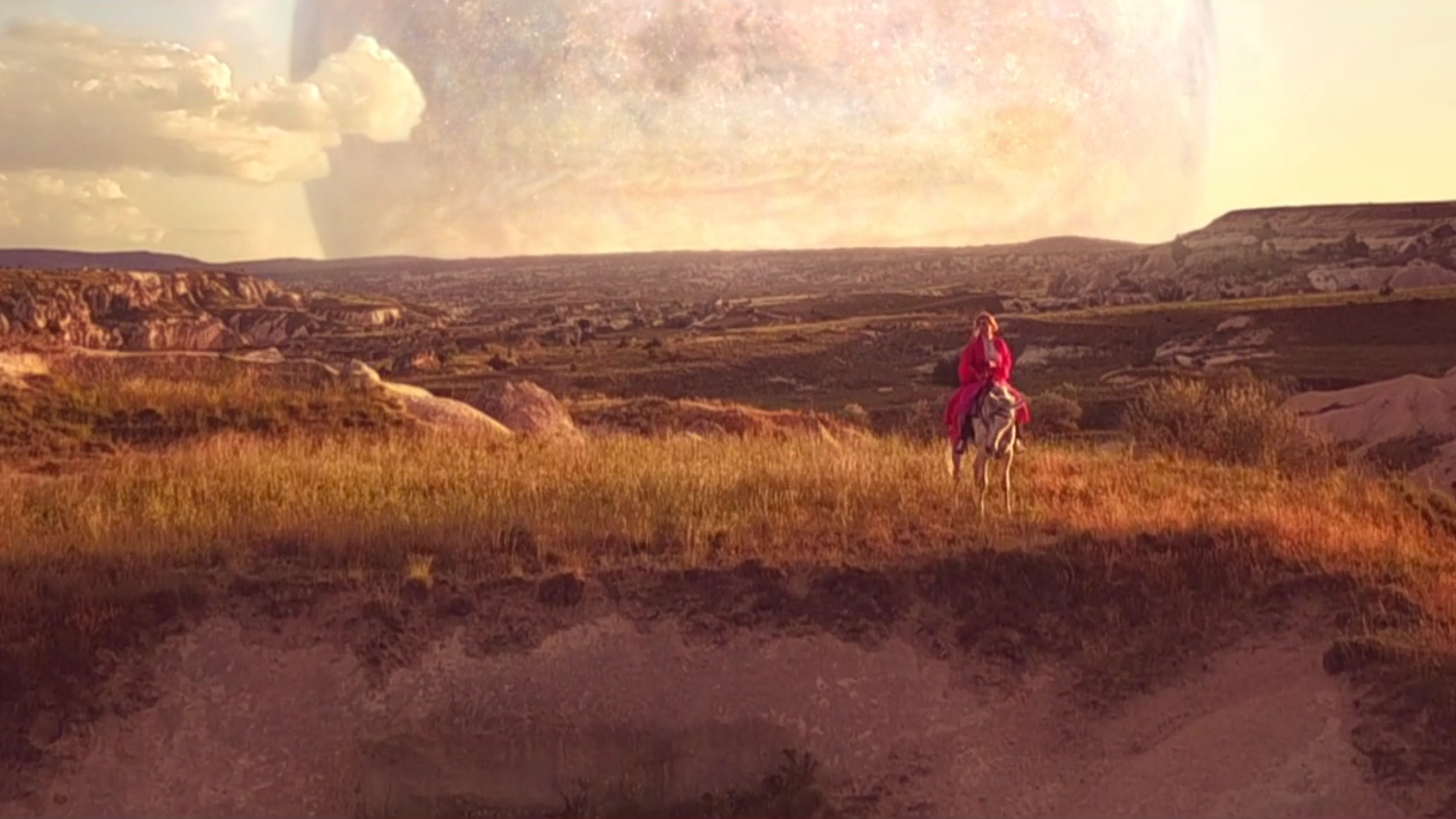
Fabrik: Could you tell us more about the Green Toolkits you provide for sustainable film production and waste reduction?
Beatrice Pegard-Ferry: "Just email me and I’ll send it to you :) But there are also amazing Toolkits everywhere: The Producers Guild of America PGA Green Unified Best Practices Guide is great. They also have covid 19 specific guidelines.
Every director, producer, production company and crew can join the amazing team at Green the Bid. They collect and collate up to date research and information as well as links to vendors and crews in the area. You can join and access invaluable information and learn as you go. I highly recommend their website. BFA’s Screen New Deal is awesome as well."
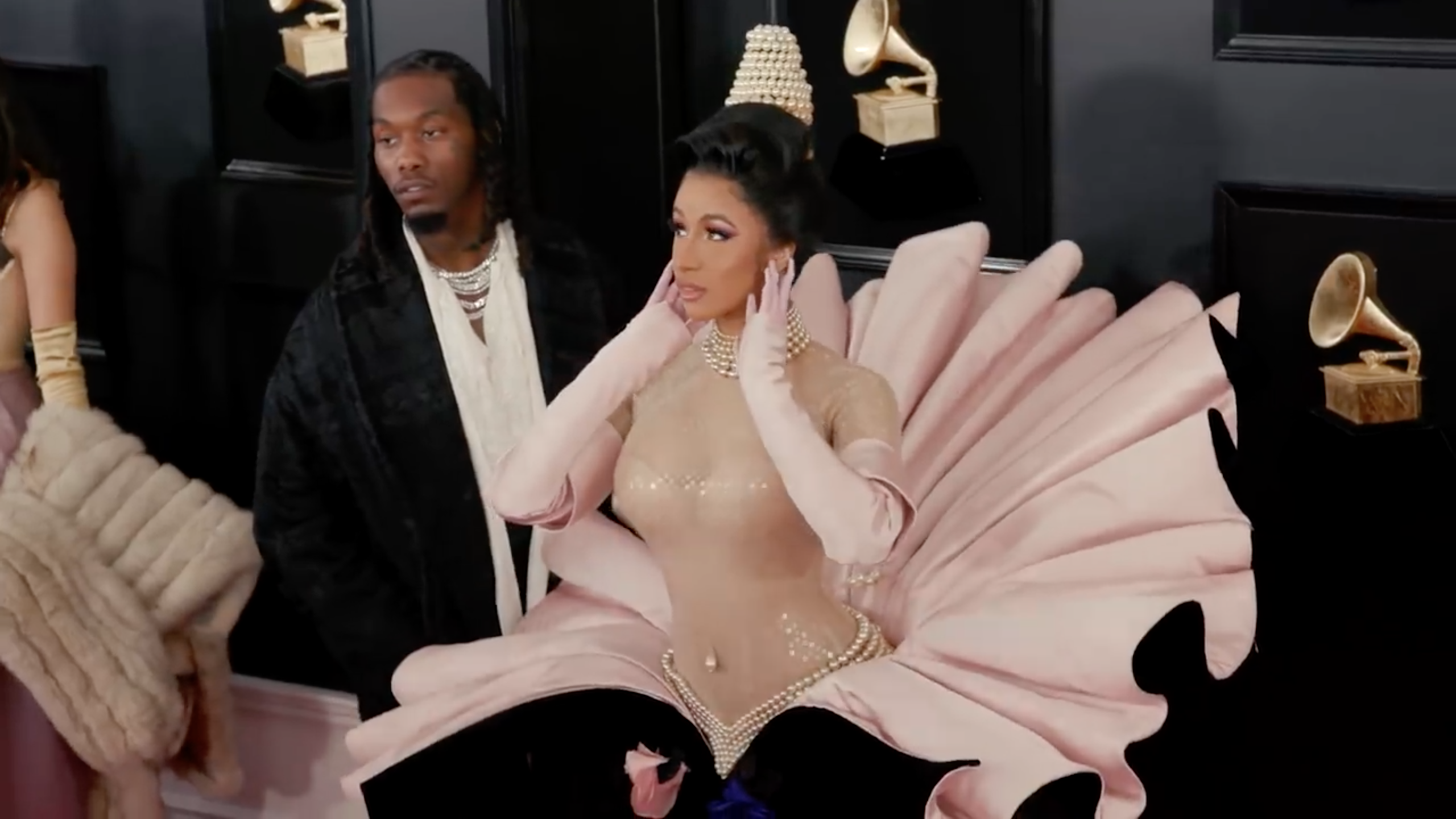
"I think we cannot deeply care about the environment in our daily lives and not try our best to apply this in our creative practice."
Fabrik: What would your advice be to other Filmmakers looking to reduce their carbon footprint?
Beatrice Pegard-Ferry: "I think the first step might be to voice your desire to shoot “green”. The second is to share information with your teams and work incrementally from project to project. I know that with covid, these have been challenging, but we have also realised that we didn’t need to fly everywhere all the time for shoots so that’s one small silver lining maybe?
The next step is to find solutions and alternatives to provide eco-friendly transportation, craft, energy use, choice of location, water, and waste management. You can focus on various areas from pre- to post-production that you can monitor and manage with your production. The ideal situation is to have someone on set and at the production company dedicated to this: Lighting, Energy, Water efficiency, Resource recycling, Paper, VFX, Transport, logistics and communications, During the shoot on set, all departments to know they are to monitor their consumption and report issues, and so on.
In pre-production and office: you can also promote the use of a green browsers such as Ecosia. The internet is a lot more polluting than we think. Printing set to a minimum and if absolutely necessary, also ask that it is done on recycled paper and two-sided. One that most productions now do (but that is not enough) is to provide reusable water bottles and sustainable catering with unprocessed, unpackaged local and/or organic food with reusable or recycled cutleries and ceramics. Waste triage and recycling on set is also essential, and composting is fun too.
Ask your stylist and production designer to rent and use vintage as much as possible, keep construction to a minimum (or recycle/give them away) promote the use of low-volatile organic compounds (VOC) paints and FSC certified wood as often as possible, CFL and LED overhead lighting for props where possible, with set materials and props that cannot be rented to be later donated to organizations.
The next thing to do is to track as much information as possible to calculate carbon emissions so that it can be possible to later offset what could not be mitigated. You can offset some of the inevitable waste emitted by the production by purchasing Gold Standard Verified Emissions Reductions (VERs) on projects, based on their social and environmental goals. VERs ensure that the offset projects contribute to sustainable development and are monitored with social and environmental indicators and ongoing stakeholder involvement."
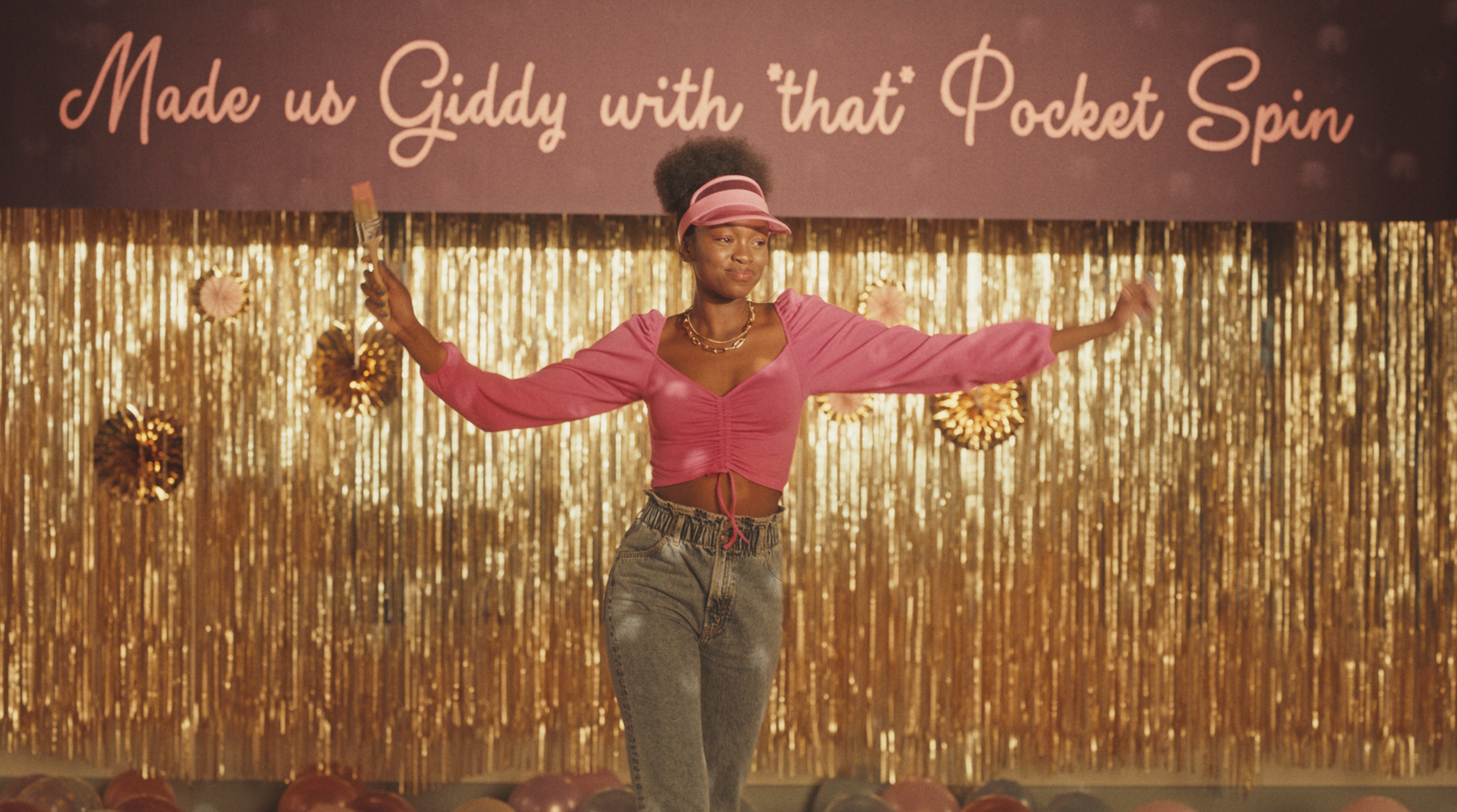
"So why film? Well, the film and television industry wildly contribute to pollution and climate change over the world. [...] the Film and Television Industry made a larger contribution to conventional air pollution than the aerospace and hotel industries."
Fabrik: You describe your aesthetic as a mix of surrealism and irreverence - What draws you to those themes and how do you feel they direct your work?
Beatrice Pegard-Ferry: "I’m interested in the ultimate feeling of freedom and connection that cinema brings. It can transport you anywhere, in any kind of world and situation, physically, visually, emotionally. In a way I’m drawn to its escapist powers, how we can dig down in the subconscious, create anything that the mind can dream of.
And I’m not so interested in logic in the creative process, I love work that breaks the rules, the codes the expectations. Breaking things apart and putting them back together a little differently. Humour is equally important to me. It’s a part of my character, or my character judgement. Why would you be serious when you can make someone laugh. It’s a great way to break the rules too."
Fabrik: Within your career as a Writer and Director, is there a particular milestone you feel most proud of?
Beatrice Pegard-Ferry: "Being able to work with actors I love and admire (Clemence Poesy), being able to make music videos for bands I equally adore and admire (Grizzly Bear, M Ward), shooting my first big commercial campaign just before covid and being represented by productions companies I love!"
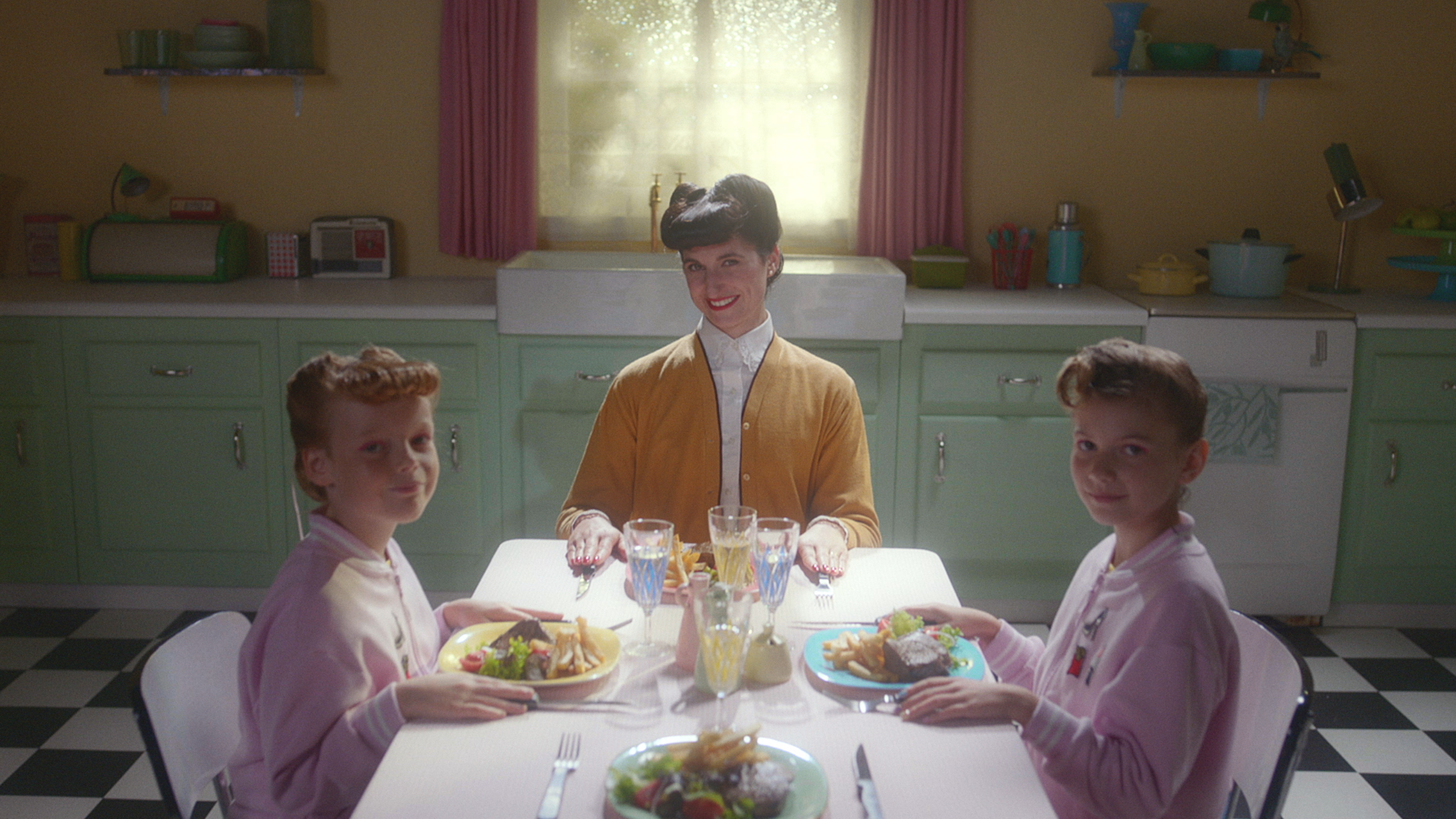
Fabrik: What are your plans for the future? Do you have any projects that you’re currently working?
Beatrice Pegard-Ferry: "I have two feature projects in the pipeline but it’s such a slow-moving process! And I’m imminently shooting two commercials."
Fabrik: Final question. What do you like most about Fabrik? What's your favourite feature?
Beatrice Pegard-Ferry: "I love that it is so easy to use. I was able to put together my website in one short day. The themes are great and super varied."
Beatrice uses Airdura, an immersive and slick theme that couples gorgeous typography with full-width imagery and unique block styles. With over twenty layouts to play with projects are perfectly presented and each portfolio is truly individual.








